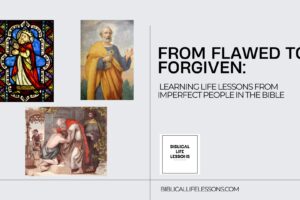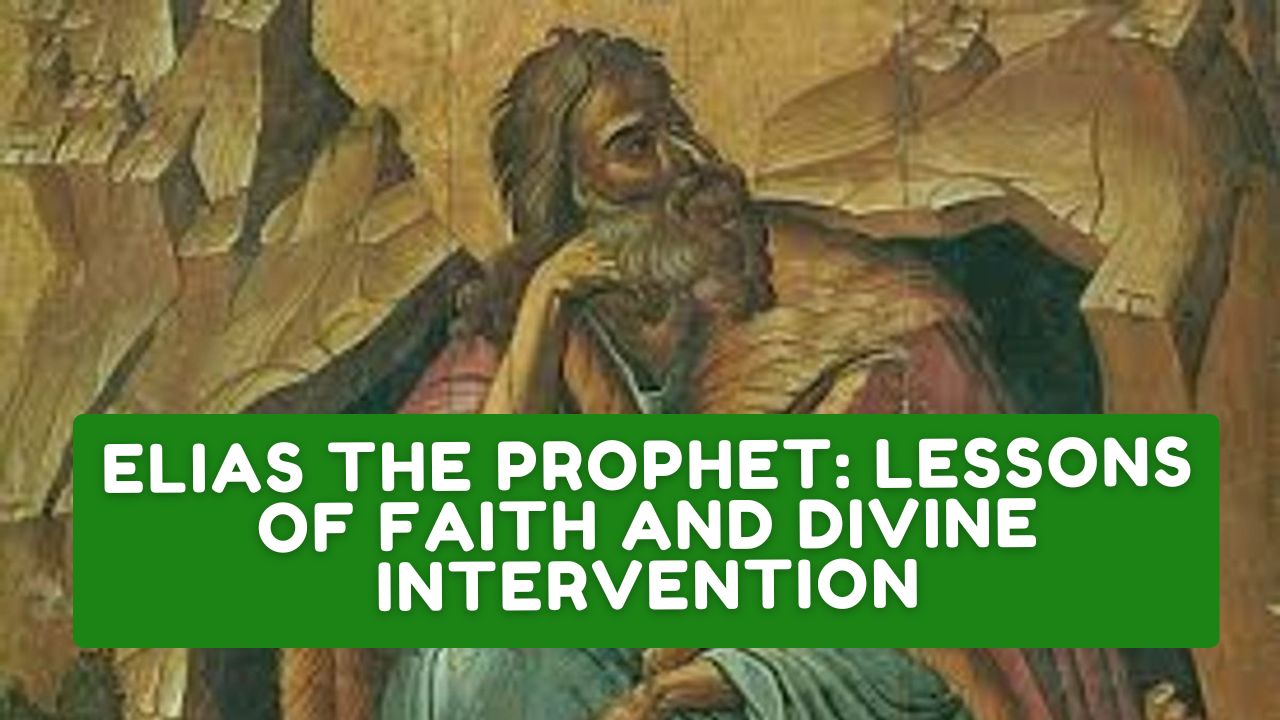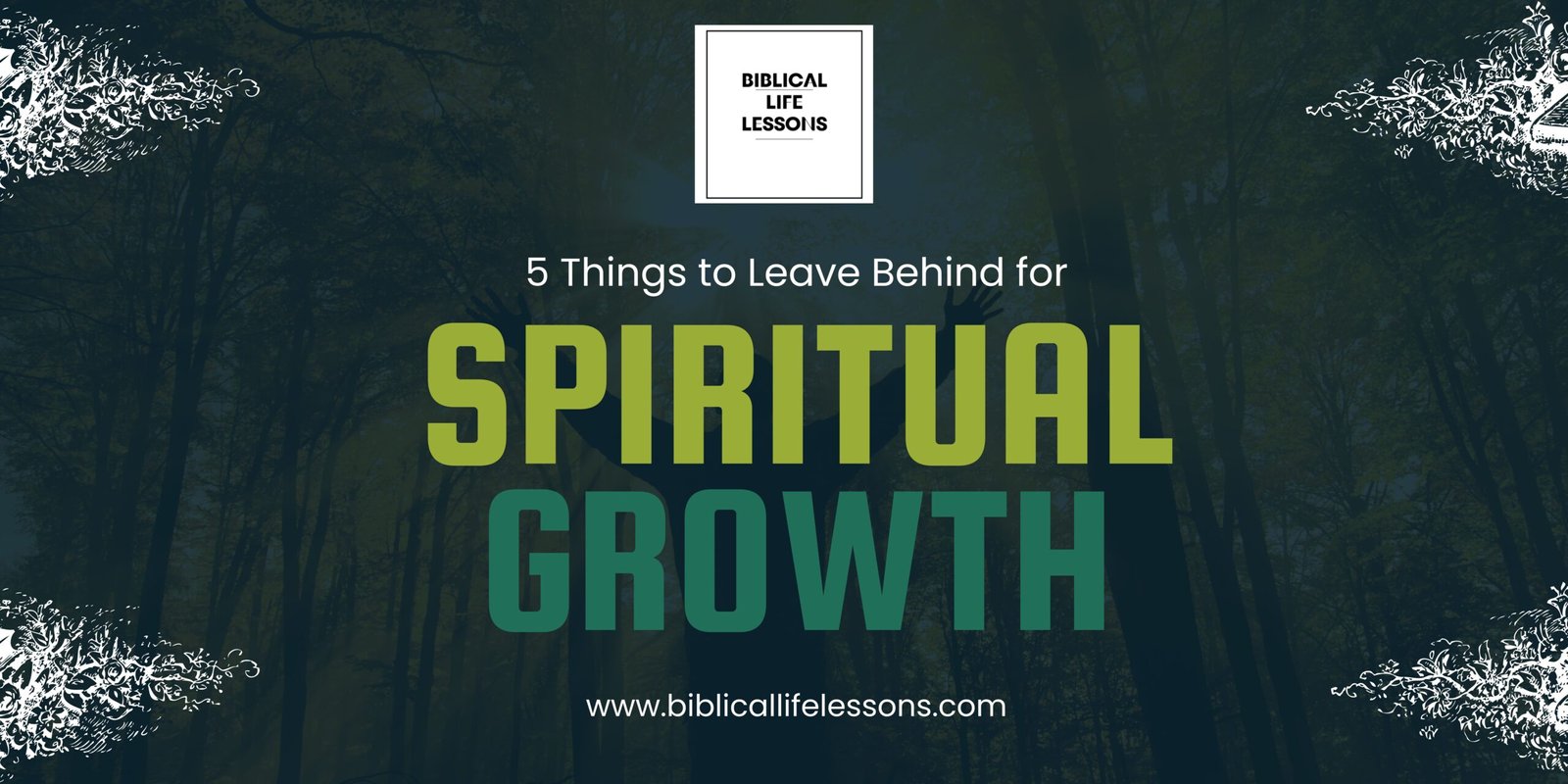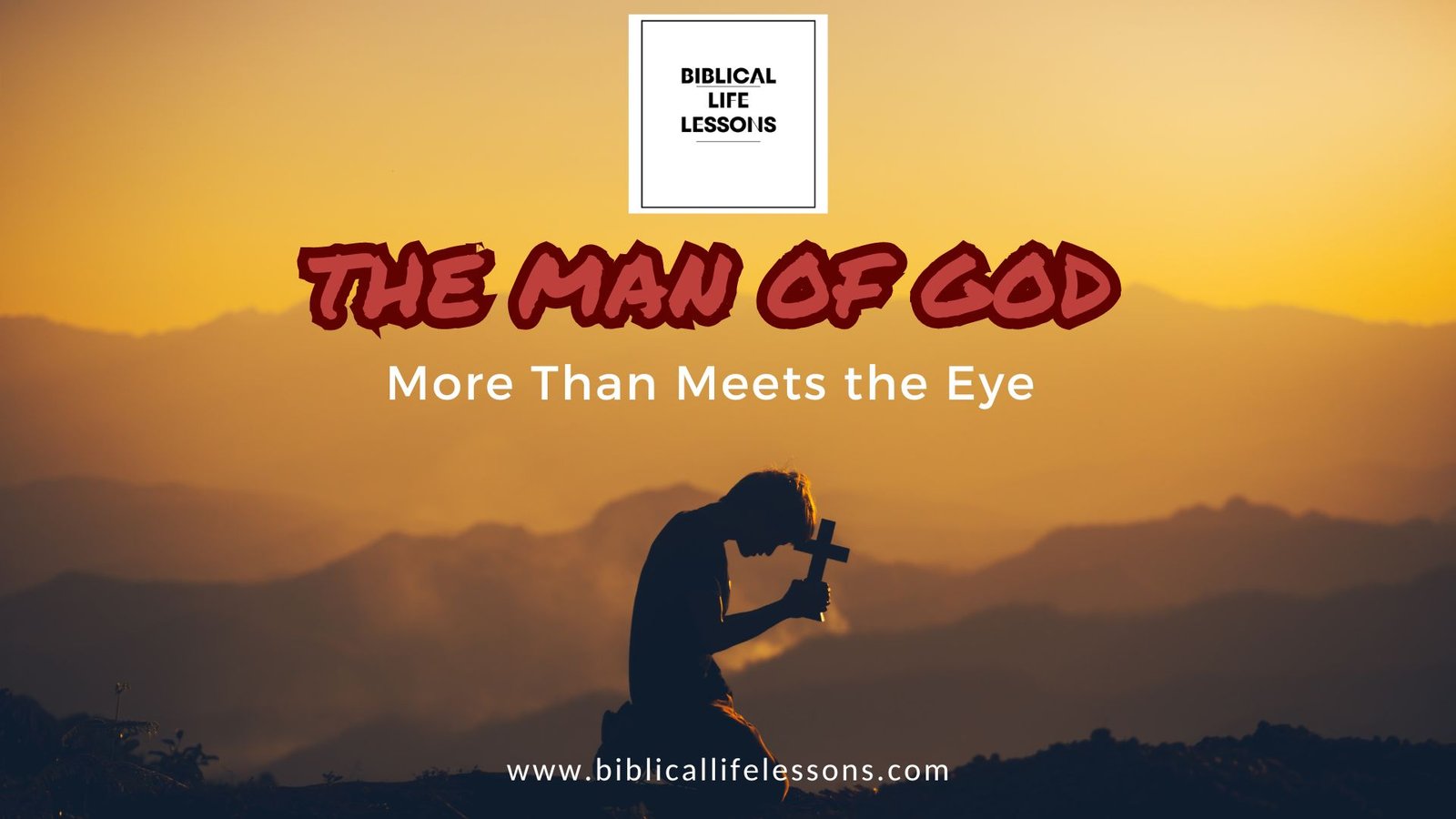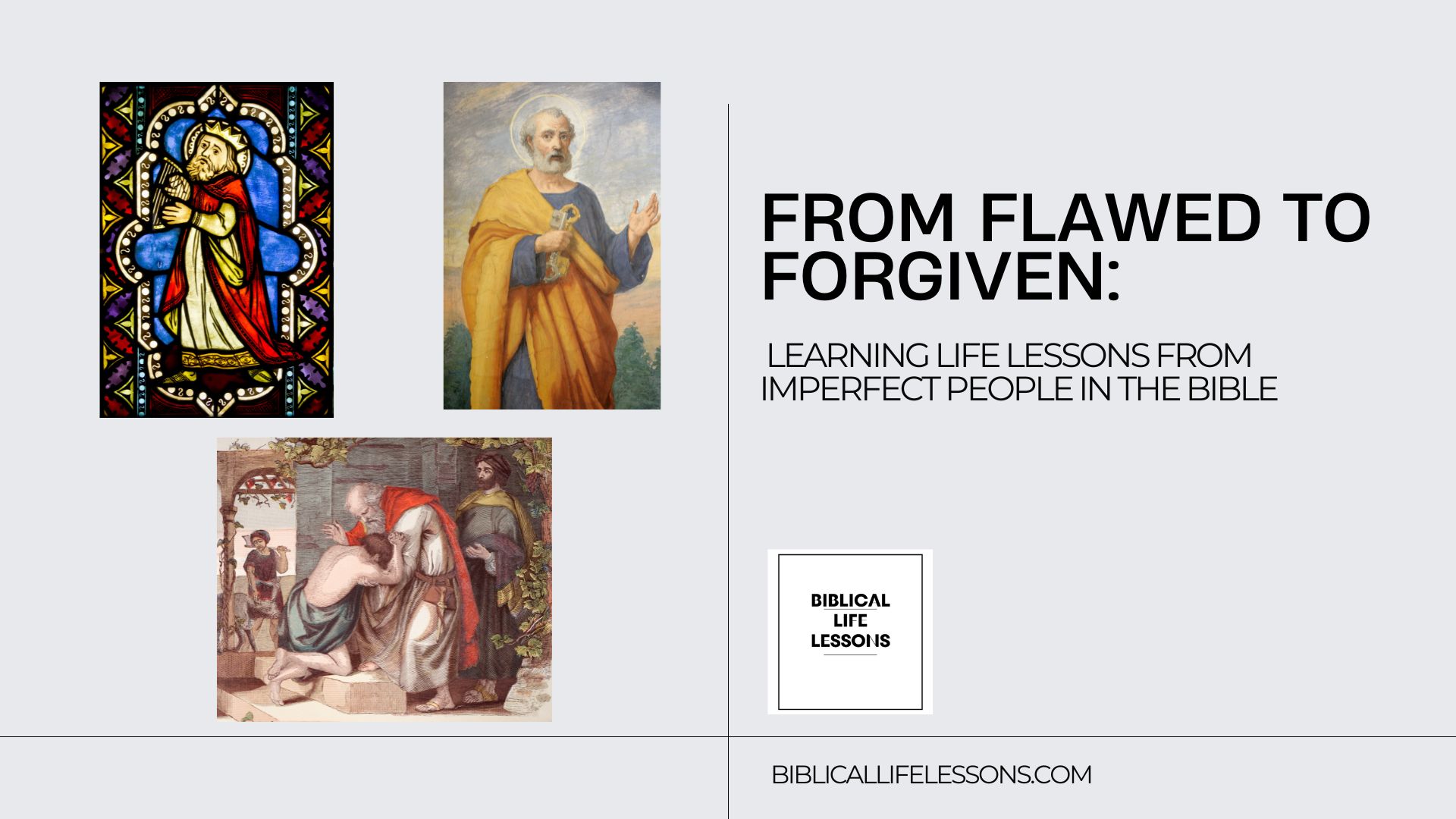In the tapestry of biblical narratives, the figure of Elias stands as a towering testament to unwavering faith and extraordinary divine intervention. This revered prophet’s life is a tapestry woven with miracles, prophecies, and profound lessons that continue to resonate across time and faiths.
The Calling of Elias
Elias, also known as Elijah, emerged as a prophetic force during a tumultuous period in Israel’s history. His name, meaning “My God is Yahweh,” foreshadowed the role he would play in rekindling the people’s devotion to the one true God. In a time when idolatry was rampant, Elias was called by God to confront King Ahab and challenge the worship of false gods.
Mount Carmel’s Showdown
One of the most iconic moments in Elias’ story occurred on Mount Carmel. In a dramatic confrontation, he stood alone against the prophets of Baal, challenging them to a divine duel. Through fervent prayer and faith, Elias called upon God to send down fire to consume the offering, a miraculous display that reaffirmed God’s supremacy. This event underscores the power of unwavering faith and God’s response to genuine devotion.
“And it came to pass at the time of the offering of the evening sacrifice, that Elijah the prophet came near and said, ‘Lord God of Abraham, Isaac, and Israel, let it be known this day that You are God in Israel and I am Your servant.'” – 1 Kings 18:36 (NKJV)
The Still, Small Voice
Amidst the triumphs, Elias also experienced moments of doubt and weariness. In the aftermath of Mount Carmel’s miracle, he found himself despondent and sought refuge in a cave. It was here that he encountered God not in thunder or fire, but in a gentle whisper. This poignant moment teaches us that divine presence can be found in quiet contemplation, reminding us to listen for God’s guidance in the midst of life’s chaos.
“Then He said, ‘Go out, and stand on the mountain before the Lord.’ And behold, the Lord passed by, and a great and strong wind tore into the mountains and broke the rocks in pieces before the Lord, but the Lord was not in the wind; and after the wind an earthquake, but the Lord was not in the earthquake; and after the earthquake a fire, but the Lord was not in the fire; and after the fire a still small voice.” – 1 Kings 19:11-12 (NKJV)
Divine Sustenance and Ravens
Elias’ journey of faith was further punctuated by God’s miraculous provision. During a time of famine, when sustenance seemed scarce, God sent ravens to feed him. This narrative illustrates God’s commitment to those who trust in Him, showcasing His ability to provide even in the direst circumstances.
“The ravens brought him bread and meat in the morning, and bread and meat in the evening; and he drank from the brook.” – 1 Kings 17:6 (NKJV)
Passing the Mantle
Elias’ ministry also encompassed mentoring a successor, Elisha. The passing of the prophetic mantle from Elias to Elisha was not merely a symbolic gesture; it was a profound act of succession and anointing. This transition emphasizes the importance of raising up future leaders and passing on spiritual legacies.
“So he departed from there, and found Elisha the son of Shaphat, who was plowing with twelve yoke of oxen before him, and he was with the twelfth. Then Elijah passed by him and threw his mantle on him.” – 1 Kings 19:19 (NKJV)
Chariot of Fire
Elias’ earthly journey reached its culmination in a moment of divine drama. As he walked with Elisha, a chariot of fire and horses of fire appeared, whisking Elias away in a whirlwind. This ascent into heaven symbolizes God’s affirmation of Elias’ faithful service and honors his role as a prophet.
“And it came to pass, when they had crossed over, that Elijah said to Elisha, ‘Ask! What may I do for you, before I am taken away from you?’ Elisha said, ‘Please let a double portion of your spirit be upon me.’ So he said, ‘You have asked a hard thing. Nevertheless, if you see me when I am taken from you, it shall be so for you; but if not, it shall not be so.'” – 2 Kings 2:9-10 (NKJV)
Lessons for Today
The life of Elias offers timeless lessons for contemporary believers. His unwavering faith, dramatic encounters, and intimate relationship with God inspire us to confront our own doubts, nurture our faith, and listen for God’s still, small voice. Elias’ journey also reminds us that divine intervention is not confined to the past; it continues to shape our lives today.
In a world often characterized by uncertainty, Elias’ story urges us to anchor our faith in the unchanging God who performs miracles, provides in unexpected ways, and calls us to be faithful stewards of our spiritual heritage. As we navigate the complexities of life, we can draw inspiration from Elias’ example and embrace the profound lessons of faith and divine intervention that his life embodies.




